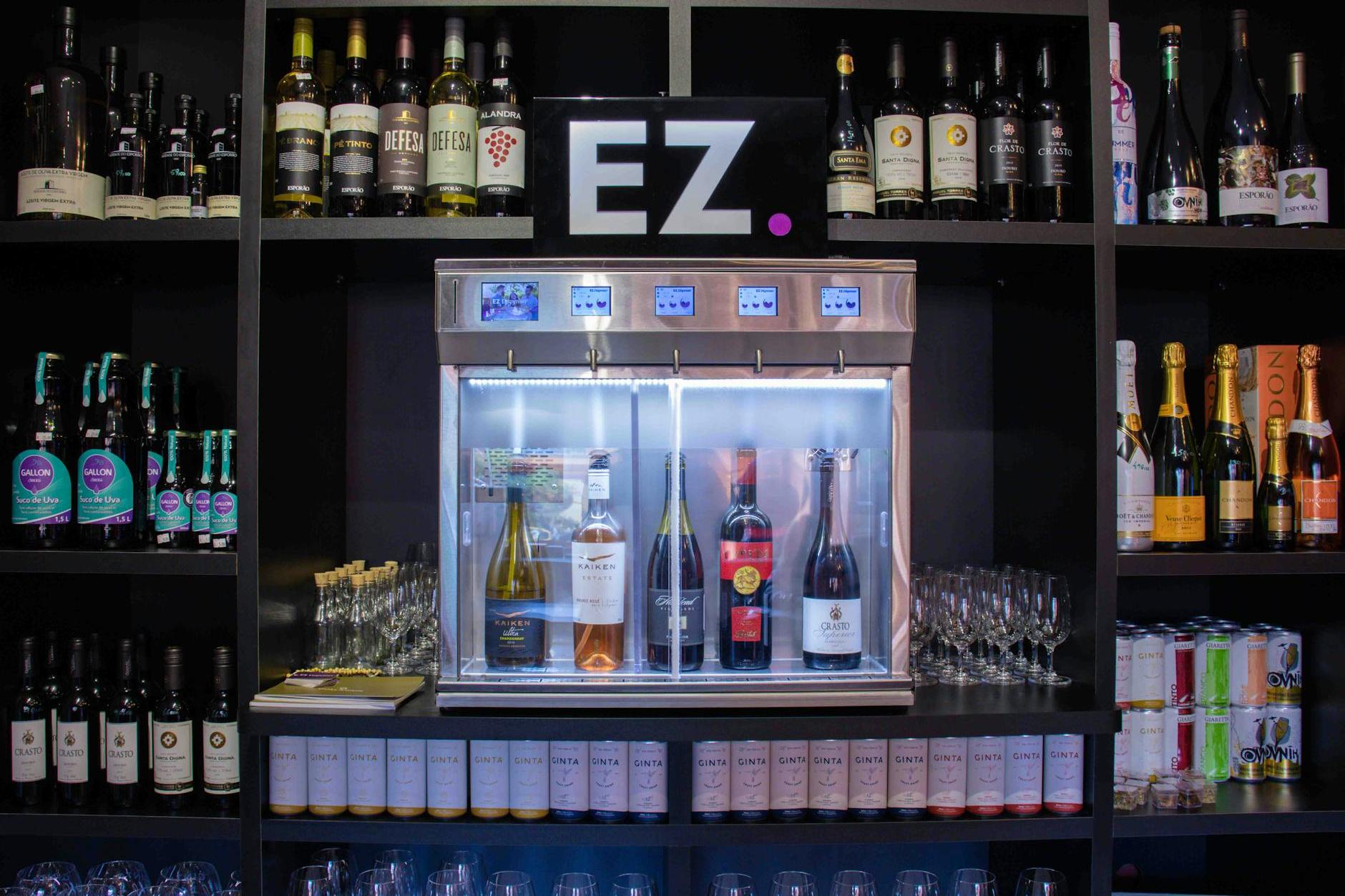- Shanghai Zhongshen International Trade Co., Ltd. - Two decades of trade agency expertise.
- Service Hotline: 139 1787 2118

The Real Cost Beneath the Beer Foam
Last year, a client excitedly told me, "Boss Wang, I found a batch of lager beer in Germany, and the CIF price is even cheaper than domestic beer!" However, after the goods arrived at the port, customs inspection revealed that the malt concentration exceeded the standard and required taxation as distilled liquor, resulting in a 37% increase in overall costs. This case reminds us:The hidden costs of imported beer often lie in product parameters and HS codes.
Avoid three fatal misconceptions
- Misconception 1: Focusing only on FOB price
- Belgian abbey beer requires a religious certification of origin
- Japanese craft beer Chinese labels must indicate "made with hop products."
- Misconception 2: Blindly pursuing niche categories
- Products with special fermentation processes may be classified as blended liquor
- Beer containing fruit ingredients requires separate food additive filing
- Misconception 3: Ignoring regional channel characteristics
- Qingdao Port has special explosion-proof requirements for beer packaging
- Inland ports require pre-reporting of constant-temperature transport plans
Customs Clearance Code Decryption Guide
| Link | Traditional approach | 2025 optimized solution |
|---|---|---|
| Label review | Modifying Chinese labels after arrival | Requiring suppliers to pre-apply scratch-off anti-counterfeit labels |
| Tax payment | Declaring each shipment individually | Applying for bulk commodity summary taxation |
Practical Product Selection Roadmap
When successfully helping a client import Czech Pilsner beer this year, we adopted a three-step strategy:① Using samples for pre-classification rulings Filing Customs: ② Requiring the factory to provide fermentation curve diagrams Filing Customs: ③ Submitting process descriptions to customs in advance. Ultimately achieving customs clearance within 48 hours from berthing, 60% faster than the industry average.
Secrets Hidden in Customs Databases
- German beer must note the malt extract concentration threshold (11.5°P)
- American craft beer requires TTB certification documents
- Korean Cass beer series qualifies for China-Korea FTA tariff rates
A recent negative case: A client imported Dutch white beer without a liquor distribution license, resulting in 3,000 cases being detained in a bonded warehouse for two months. This painful lesson tells us,Professional matters must be handled by professionals.
Related Recommendations
Category case
Get in Touch
Email: service@sh-zhongshen.com
Related Recommendations
Contact via WeChat

? 2025. All Rights Reserved. Shanghai ICP No. 2023007705-2  PSB Record: Shanghai No.31011502009912
PSB Record: Shanghai No.31011502009912









